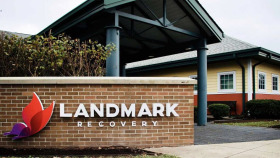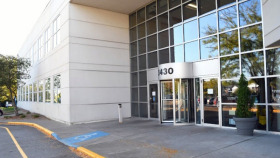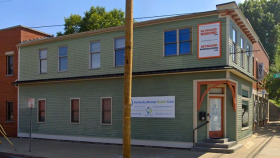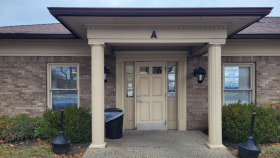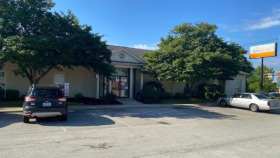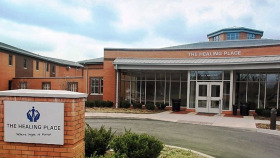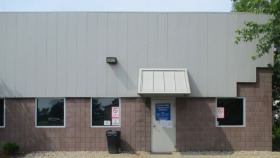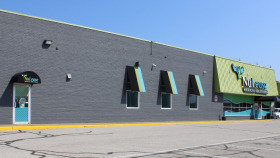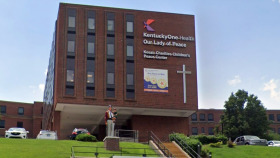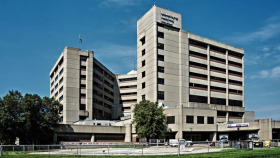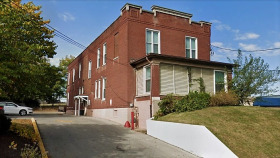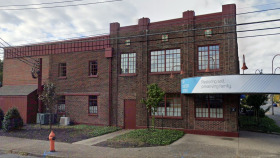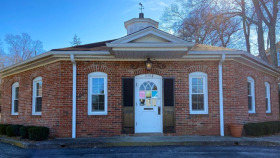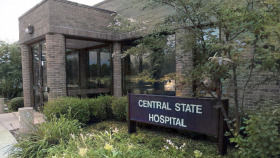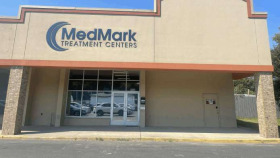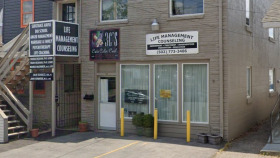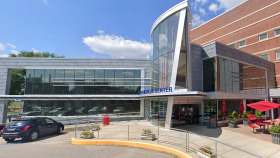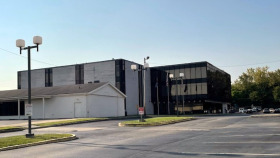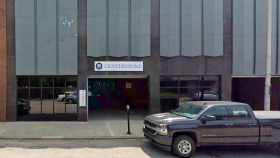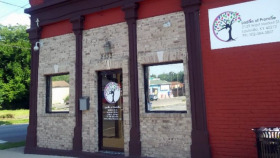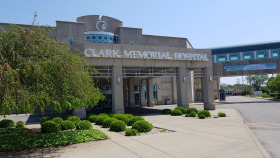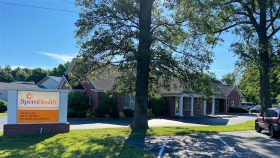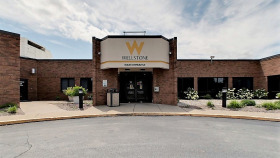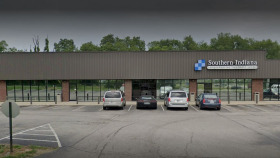Expert Insights
Back in 2017, Kentucky was one of many states to file suit against several giant pharmaceutical manufacturers and companies for their role in creating and contributing to the opioid epidemic. Those pharmaceutical companies – McKesson Corp. and Johnson and Johnson, AmerisourceBergen Corp, and Cardinal Health Inc. – ultimately agreed to a national settlement worth over $26 billion dollars. Louisville will receive over $30 million dollars of that settlement. So, what does the city plan on doing with that money?
The settlement funds in Louisville will be used to create desperately needed treatment and prevention efforts. The first $2.6 million is set to be used in the promotion of long-term recovery by funding transportation and housing for people who are recovering from various addictions. Additionally, funds will be put towards programs that help incarcerated inmates get off (and stay off) drugs. Another $744,000 has been earmarked for the expansion of free Naloxone, known as the anti-overdose drug, overdose prevention programs, and funding prevention programs for Kentucky’s children.
~ Nikki Seay
Are There Low-Cost and Free Drug Rehab Centers in Louisville?
About 30% of people who need help did not get into a facility because they do not have healthcare coverage and/or could not afford the cost on their own.
In 2020, 12.28% of Kentucky residents with substance use disorders did not get the help they needed.
Accredited low-cost or free drug rehabs in Louisville receive government funding to help provide care for low-income individuals. Some low-income Kentucky residents may qualify for the state’s voucher program that helps cover the costs of a residential program for drug-related addictions.
A wide variety of options are available for people affected by drug and alcohol use. State-funded facilities may provide the following options in Kentucky:
- Detox centers
- Day treatment
- Inpatient
- Outpatient
- Residential programs
- Intervention and prevention efforts
How Does Louisville Compare in Alcohol and Drug Use?
With a population of more than 320,000, Louisville is the 2nd-largest city in Kentucky. However, addiction remains a critical public health and safety issue facing the residents of Louisville. In particular, the abuse of prescription drugs, heroin, methamphetamine, and fentanyl, has led to an alarming increase in overdose deaths.
In 2019, there were 1,316 overdose deaths in the state. In 2020, there were 1,964 – a 49% increase from 2019. In 2021, there were 2,250 overdose deaths – a 14.5% increase from 2020. To combat this problem, there are over 60 accredited alcohol and drug rehab centers in Louisville and the surrounding area.
Substance use disorder is a public health crisis in Louisville. It’s an issue that affects individuals, families, and communities. Statistics show that addiction is a pervasive issue that affects every area of Louisville:
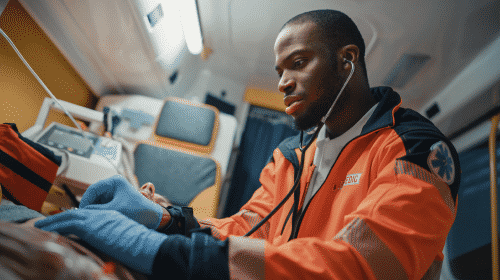
In 2016, the city’s Emergency Medical Services responded to overdose calls in every Louisville zip code.
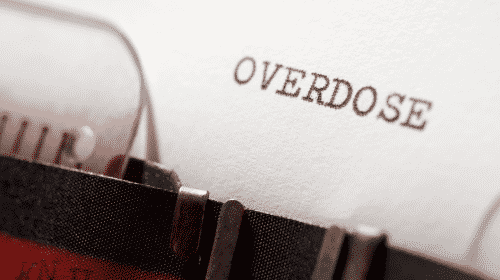
Overdose deaths have increased every year for the past decade.
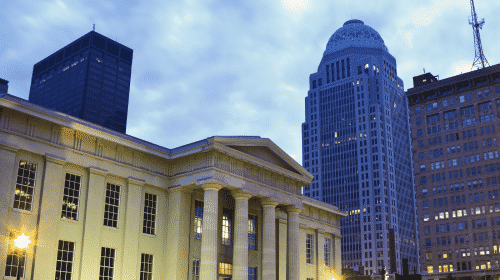
512 Jefferson County residents died of a drug overdose in 2020.

539 Louisville residents died of alcohol-related causes between 2011-2016.
Drug and alcohol use isn’t limited to Louisville. The entire state of Kentucky is affected by this crisis: 15% of Kentucky residents reported using drugs in the last year, and 15.8% of Kentucky residents reported engaging in excessive drinking in 2021.
Not everyone who uses drugs and alcohol is addicted. However, research shows that repeated alcohol or drug abuse can lead to substance use disorders. People who develop substance use disorders experience a change in how their brain is wired, which causes intense cravings. This makes it difficult to stop drinking or using drugs on willpower alone.
Finding drug or alcohol rehabs in Louisville can help you or your loved one overcome addiction.
Alcohol and Drug Laws in Louisville
Casey’s Law: Casey’s Law is a legal proceeding that provides a court order to place a person into an addiction program involuntarily. This law provides a way to intervene with someone unable to recognize their need for help. Parents, relatives, and friends can petition the court on behalf of the person with substance use disorder and ask for a court order to place the person in a substance abuse program.
Jefferson County Drug Court: The Jefferson County Drug Court is an alternative sentencing program available for non-violent offenders whose crimes stem from substance abuse. Participants can enter this rather than go to jail or in lieu of probation revocation. Drug Court aims to break the cycle of substance use, addiction, and crime by requiring defendants to attend a program to help encourage their recovery and reduce crime rates.
Kentucky Good Samaritan Law: The Kentucky Good Samaritan Law states that anyone who calls 911 for help for themselves or another person who is experiencing a drug overdose cannot be charged or prosecuted for possession of drugs or drug paraphernalia, but only if they remain with that person in need of help before first responders arrive on the scene.
Resources
- Louisville Jefferson County Government. (2022). Diversity shines.
- Britannica. (2022). Louisville summary.
- Kentucky Housing Corporation. (2022). Recovery Kentucky.
- Kentucky Office of Drug Control Policy. (2022). Treatment and recovery resources.
- University of Kentucky. (2022). Start here to find addiction treatment openings.
- Substance Abuse and Mental Health Services Administration. (2022, March). Faith-based and community initiatives.
- Kentucky Harm Reduction Coalition. (2021). Intervention law.


